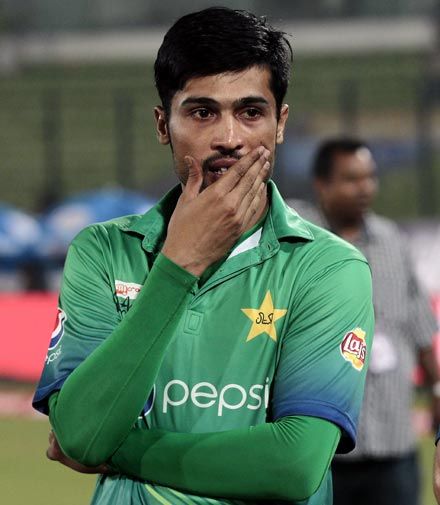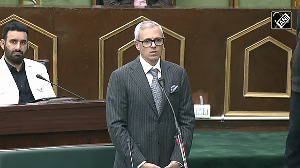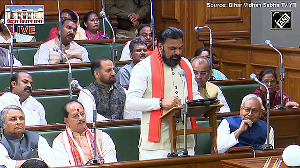- 'He did make a video for us before he admitted his guilt and described the effect that had upon him and how wrong he was.'
 The International Cricket Council's Anti-Corruption Unit on Monday said tainted Pakistan pacer Mohammad Amir's video in which he admitted his guilt and also described the after-effect of his wrongdoing is being used to educate cricketers about the consequences of indulging in corrupt practices like spot-fixing and match-fixing.
The International Cricket Council's Anti-Corruption Unit on Monday said tainted Pakistan pacer Mohammad Amir's video in which he admitted his guilt and also described the after-effect of his wrongdoing is being used to educate cricketers about the consequences of indulging in corrupt practices like spot-fixing and match-fixing.
"We have actually used Mohammad Amir at a very early stage. He did make a video for us before he admitted his guilt and described the effect that had upon him and how wrong he was," said ICC's Anti-Corruption Unit's chairman, Sir Ronnie Flanagan, in Mumbai on Sunday.
Flanagan detailed the measures being taken by his unit to prevent corrupt practices at the forthcoming ICC World T20 Championships commencing in two days' time in the country.
Amir was given a chance to resurrect his interrupted international career with the Pakistan team after serving a three-month prison sentence for his role in the 2010 spot-fixing episode. He made a return to international cricket on January 15 following a five-year ban for Pakistan against New Zealand in the opening Twenty20 International in Auckland.
The fast bowler, 23, was found guilty and banned for intentionally bowling no-balls during the Lord's Test against England in 2010.
Amir, who was convicted along with his team-mates Salman Butt and Mohammad Asif, was released from an English prison four years ago.
When asked whether players involved in spot-fixing should be allowed to return to the game, Flanagan said, "It's a good thing in cricket that we have independent tribunals to decide upon punishment, just as the way in police.
"When you investigate something, you present an evidence to court. In our case we present it to the tribunal. We do not decide as investigators what the punishment is. The independent tribunal decides upon that punishment.
"We have zero-tolerance of corrupt activity, but does that mean punishment should always be the same? I will use the description in the criminal law....an assault is different from murder," he explained.
"So we have used that (video) in the past in our education with players. We did use that at a very early stage, just after he had released from prison," said Flanagan.
Image: Pakistan fast bowler Mohammad Amir
Photograph: Solaris Images












 © 2025
© 2025